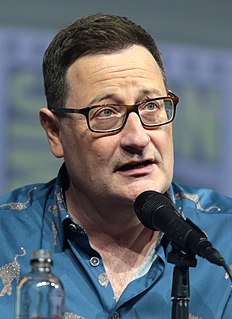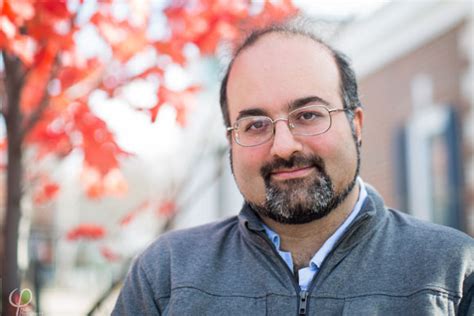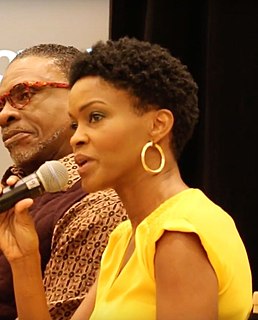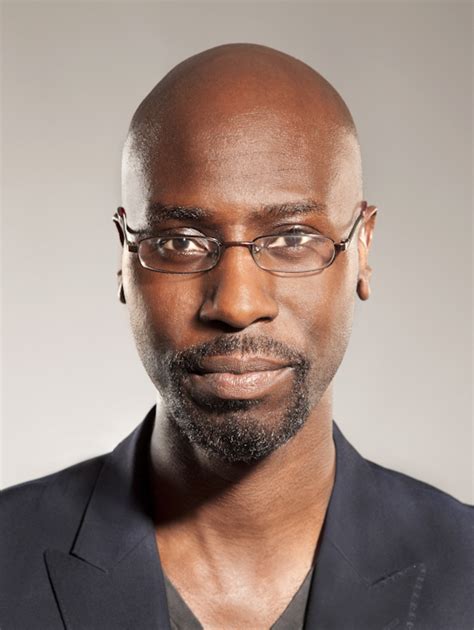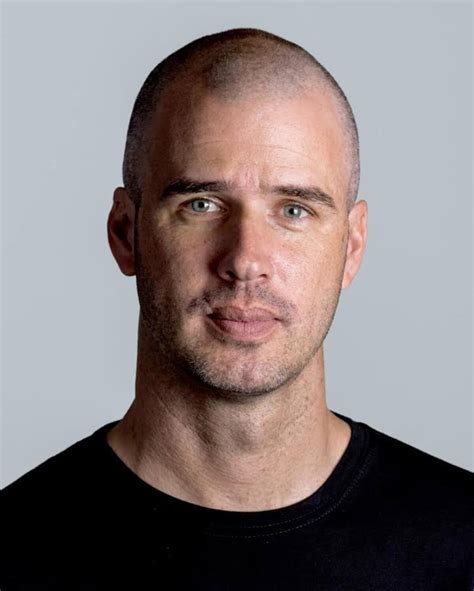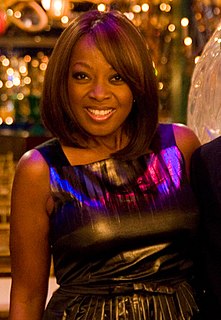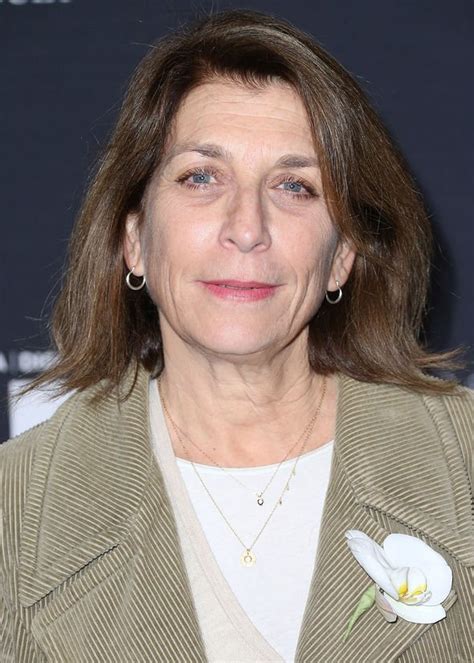A Quote by Chris Chibnall
You do your best to tell your own story, in the most specific way, and then you hope that that travels well, when it's done with heart and honesty.
Related Quotes
The best time to tell your story is when you have to tell your story. When it's not really a choice. But then, when you get that first, messy, complicated version down, you have to read it over and be very tough on yourself and ask, 'Well what's the story here?' If you're lucky enough to have someone you trust looking over your shoulder, he or she can help you if [you] lack perspective on your own story.
When I ask, “How are you?” that is really what I want to know. I am not asking how many items are on your to-do list, nor asking how many items are in your inbox. I want to know how your heart is doing, at this very moment. Tell me. Tell me your heart is joyous, tell me your heart is aching, tell me your heart is sad, tell me your heart craves a human touch. Examine your own heart, explore your soul, and then tell me something about your heart and your soul.
Now the truth is, writing is a great way to deal with a lot of difficult emotional issues. It can be very therapeutic, but that's best done in your journal, or on your blog if you're an exhibitionist. Trying to put a bunch of *specific* stuff from your personal life into your story usually just isn't appropriate unless you're writing a memoir or a personal essay or something of the sort.
Love is about bottomless empathy, born out of the heart’s revelation that another person is every bit as real as you are. And this is why love, as I understand it, is always specific. Trying to love all of humanity may be a worthy endeavor, but, in a funny way, it keeps the focus on the self, on the self’s own moral or spiritual well-being. Whereas, to love a specific person, and to identify with his or her struggles and joys as if they were your own, you have to surrender some of your self.
I need you to do more than survive. As writers, as revolutionaries, tell the truth, your truth in your own way. Do not buy into their system of censorship, imagining that if you drop this character or hide that emotion, you can slide through their blockades. Do not eat your heart out in the hope of pleasing them.
If you are, as an actor, are just worried about looking pretty and being well liked, then I personally feel you are doing a disservice to your audience, the craft, the creative process, writers, and directors. Your job is to tell a story and to tell the truth, and we can't always be the most likeable character in every situation.
I don't know your story or your dreams or the things that steal your sleep, but I know they matter. I hope you story is rich with characters, rich with friends and conversation. I hope you know some people who carry you, and I hope you have the honor of carrying them. I hope that there's beauty in your memories, and I hope it doesn't haunt you. And if it does, then I hope there is someone who will walk you through the night and remind you of the promise of the sunrise, that beauty keeps coming, that there are futures worth waiting and fighting for, and that you were made to dream.
If fate is a shape-shifter, then loves is too. It can be, anyway, in its most dangerous form. It´s your best day and then your worst. It´s your most hope and then you most despair. Lightness, darkness, it can swing between extremes at lightning speed- a boat upon the water on the most dangerous day, and then the clouds crawl in and the sky turns black and the sea rages and the boat is lost.
The six rules of maybe 1. respect the power of hope and possibilites. Begin with beleif. Hold onto it. 2. If you known where you want to go, you're already half way there. Know what you desire but, more imporantly, why you desire it. Then go. 3. hopes and dreams and heart's desires require a clear path-get out of your own way 4. Place hope carefully in your own hands and in the hands of others 5. Persist, if necessary 6. That said, most importantly-know when you've reached an end, Quit, give up, do it with courage. Giving up is not failing-it's the chance to begin again.
